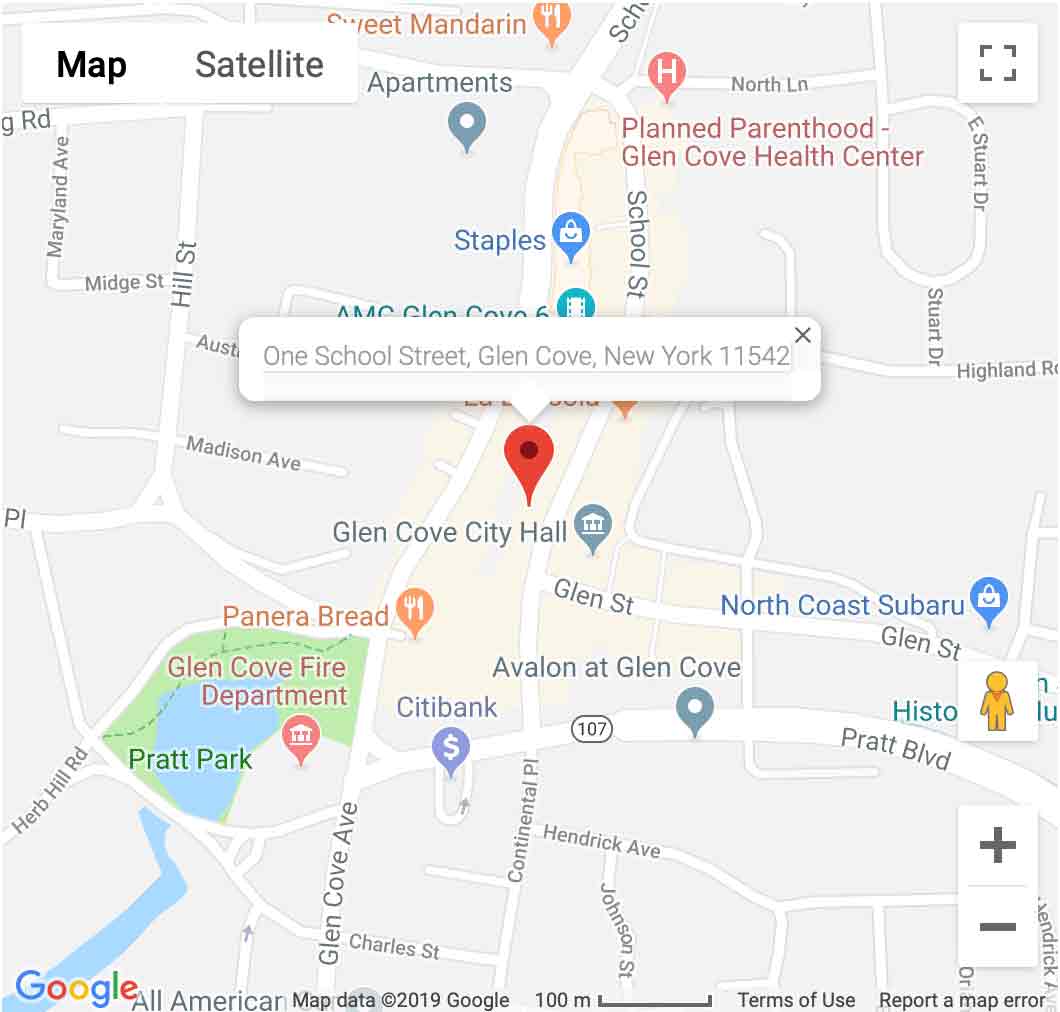Routine Cleanings at Glen Cove Dentist
In Glen Cove, routine cleanings are essential for maintaining optimal oral health and function. During these visits, Dr. Gaeta and his team will carefully clean, polish and floss your teeth to remove hardened plaque, tartar and bacteria. Together with diligent brushing and flossing at home, routine cleanings can help achieve and maintain healthy teeth and gums.
Types of dental cleanings.
During a routine cleaning, Dr. Gaeta will remove bacteria, plaque and tartar buildup from your teeth surfaces. They may also perform other preventive services during the same visit, such as dental sealants and fluoride treatments.
There are different types of dental cleanings, based on your needs. But all have the same end goal — to remove harmful bacteria and reduce your risk for dental issues.
- Prophylaxis. For people who have healthy teeth and gums, this is a routine, preventive cleaning It’s the most common type of dental cleaning recommended every six months on average.
- Gross debridement. People who haven’t been to the dentist in over a year, or who have extensive plaque buildup, can benefit from a gross debridement. It’s similar to a typical prophylaxis, but it may take longer. The main purpose of debridement is to determine if there are any issues that weren’t initially diagnosed before the dental cleaning.
- Scaling and root planing. Also known as a deep dental cleaning, scaling and root planing reaches deep beneath your gum line to flush out bacteria and hardened tartar or calculus around your teeth roots. Dentists reserve this procedure for those with mild to moderate periodontitis or gum disease. People who undergo scaling and root planing must receive local anesthesia to numb their gums during the procedure.
What is involved in a routine cleaning?
Treatments commonly performed during a dental cleaning include:
Scaling
During this step, Dr. Gaeta will use hand instruments called scalers to remove plaque and tartar from your teeth surfaces. Sometimes, he may also use an ultrasonic scaler, which vibrates and sprays a jet of water. If you hear scraping sounds during this step, do not be alarmed as it shouldn’t hurt.
Polishing
Dr. Gaeta will polish your teeth using a soft rubber cup and a special paste or pumice. This removes the biofilm on your teeth surfaces and reduces plaque buildup without causing any damage to your enamel.
Preventive treatments
Depending on your unique oral health needs, Dr. Gaeta may recommend other preventive services like dental sealants or fluoride treatments. If you have back teeth namely premolars or molars with deep grooves or crevices, dental sealants can help protect these areas from harmful, cavity-causing bacteria. Fluoride treatments help strengthen your enamel and reduce your risk for cavities. Children and adults alike can benefit from sealants and fluoride treatments. Ask Dr. Gaeta if these preventive treatments are right for you.
What are the advantages of routine cleanings?
Routine cleanings offer a number of benefits, including:
- Reduced risk of serious oral health issues, such as cavities and gum disease.
- Improved whole-body health. Healthcare providers have recognized the link between oral health and whole-body health. Routine cleanings can help reduce your risk for ailments like heart disease, stroke and dementia.
- Bad breath prevention. Hardened plaque and tartar can cause bad breath. Routine cleanings can help keep halitosis at bay by removing harmful microbes, microorganisms that cause disease, from your teeth surfaces.
- Reduced cost. Preventive dental care, such as routine cleanings scheduled every six months, help stop issues before they start. Preventive treatments are definitely much more affordable than restorative treatments like fillings, crowns and bridges.


